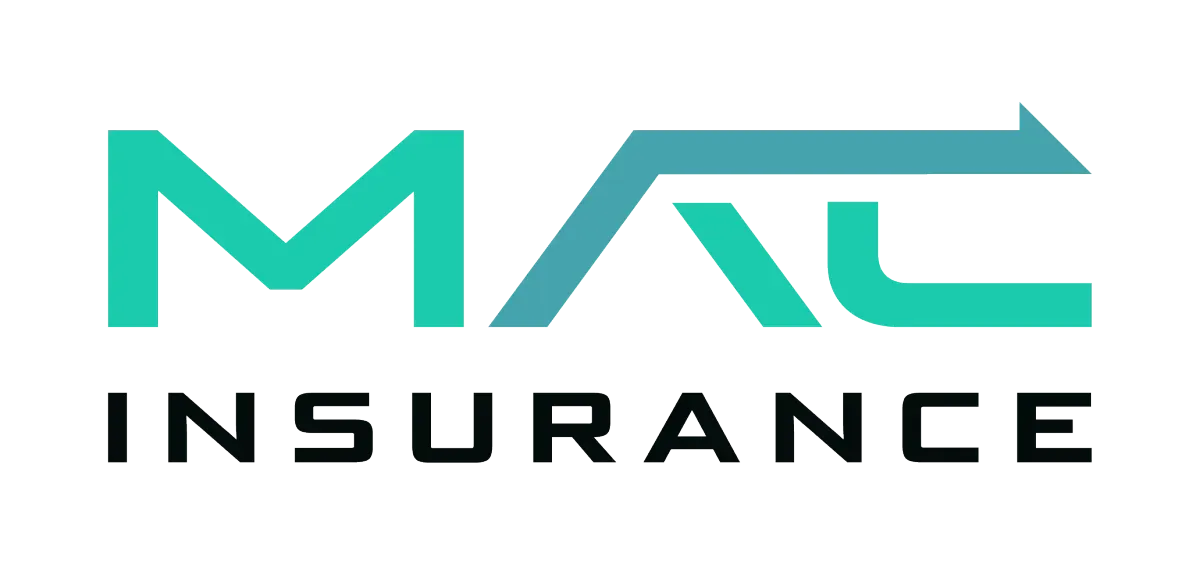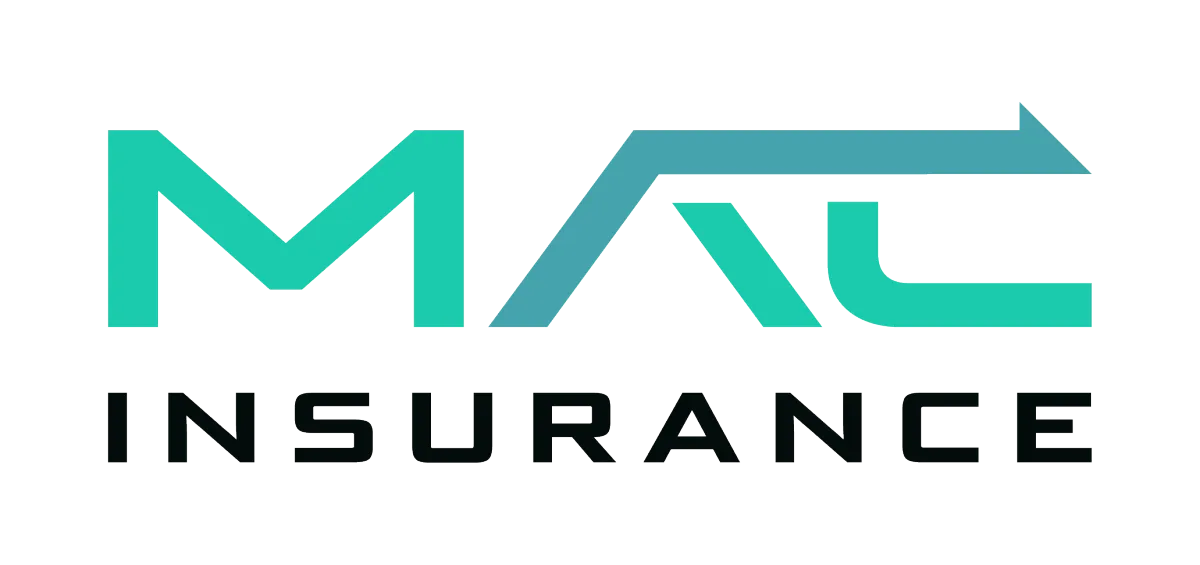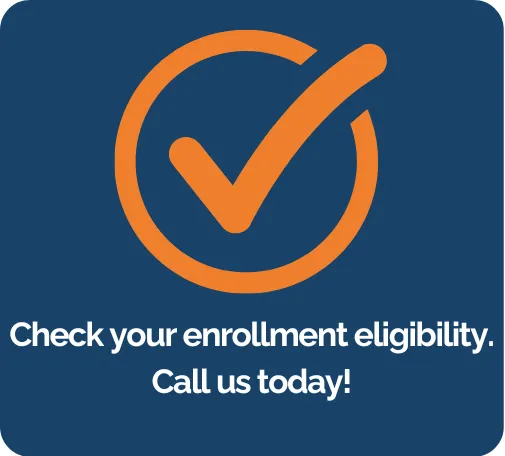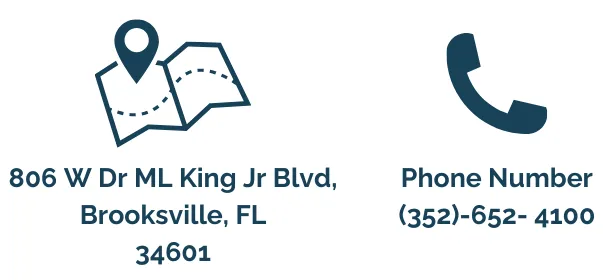Medicare Eligibility
Medicare eligibility usually begins at age 65 for most people. However, individuals who have been receiving Social Security disability benefits for at least 24 months are also eligible. There are also other factors that may make someone eligible for Medicare benefits.
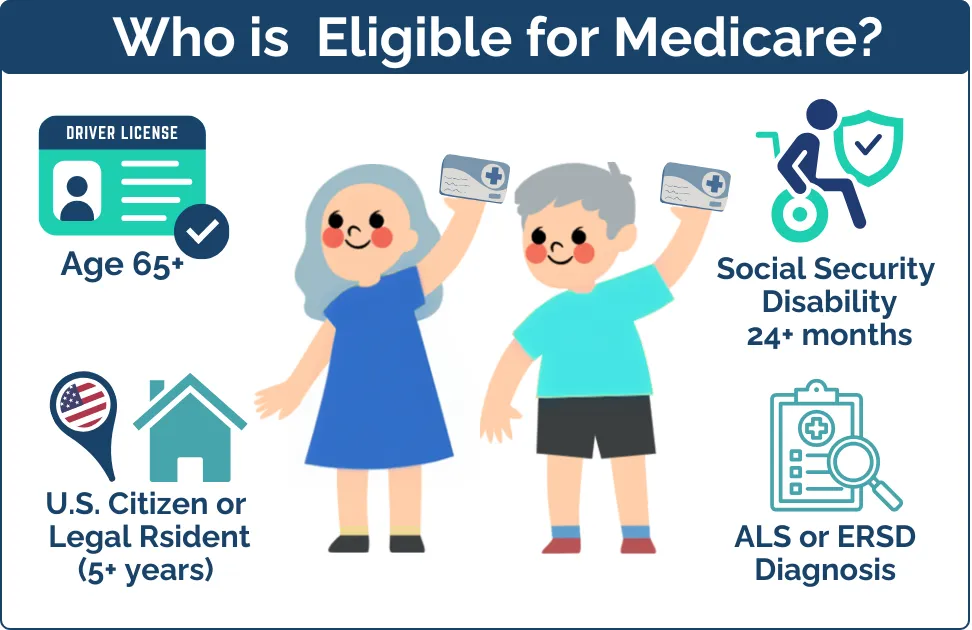
Am I eligible for Medicare?
1. Age-Based Eligibility:
Turning 65 is the main requirement for Medicare eligibility. If you are 65 or older, you qualify for coverage. You can enroll during your Initial Enrollment Period (IEP), which:
● Starts three months before your 65th birthday
● Includes the month of your birthday
● Ends three months after your birthday
This seven-month window is the best time to sign up for Medicare.
2. Disability-Based Eligibility:
Under 65 with a Disability: If you are under 65 and have been receiving Social Security Disability Insurance (SSDI) benefits for 24 months, you automatically become eligible for Medicare. Your coverage will begin in the 25th month of receiving SSDI benefits.
3. Health Conditions:
● End-Stage Renal Disease (ESRD): If you have permanent kidney failure requiring dialysis or a kidney transplant, you may qualify for Medicare at any age. You can apply as soon as you meet these criteria.
● Amyotrophic Lateral Sclerosis (ALS): If you have ALS (Lou Gehrig’s disease), you are eligible for Medicare immediately after you start receiving SSDI benefits—no 24-month waiting period.
4. Residency Requirements:
To qualify for Medicare, you must be residing in the U.S. and be either:
● A U.S. citizen
● A legal resident who has lived in the U.S. for at least five years
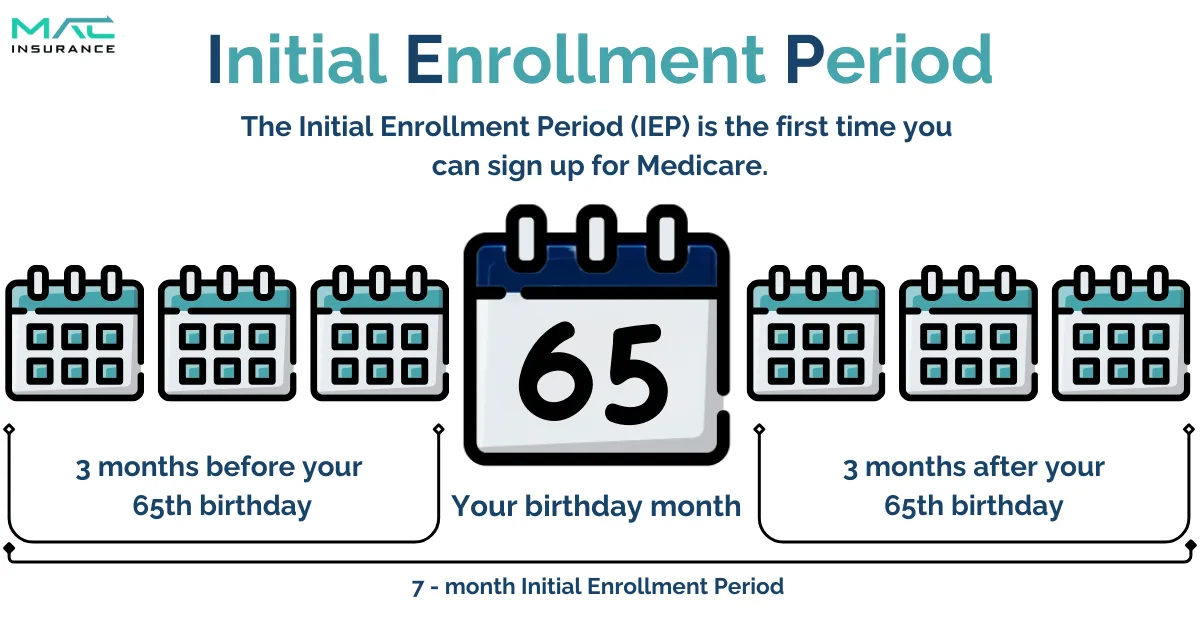
Medicare eligibility for Part A
You may qualify for Medicare Part A coverage at no cost once you turn 65, as long as you or your spouse has worked in the United States for at least 10 years.
If you haven’t met the 10-year work requirement, you can still purchase Part A coverage.
If you’re already receiving Social Security benefits, you’ll be automatically enrolled in Part A.
Otherwise, you’ll need to contact the Social Security office to enroll.
Your Medicare card will typically arrive about one month before your 65th birthday.
Medicare eligibility for Part B
Medicare Part B plays an essential role in covering outpatient care, doctor visits, preventive services, and certain home health care. Knowing your eligibility for Part B is vital to maximizing your Medicare benefits.
Here’s an overview:
Part A Enrollment Requirement
To qualify for Medicare Part B, you must first be enrolled in Medicare Part A (Hospital Insurance). Part B is intended to complement Part A, offering a more complete range of healthcare coverage.
Eligibility for Part C
Medicare Part C, commonly known as Medicare Advantage, provides an alternative way to receive your Medicare benefits through private insurance plans. To qualify for Medicare Part C, you must meet the following requirements:
Enrollment in Medicare Parts A and B
You must be enrolled in both Medicare Part A (hospital insurance) and Part B (medical insurance) to join a Medicare Advantage plan.
Residency
You need to live in the service area of the Medicare Advantage plan you wish to enroll in, as each plan has specific geographic coverage.
Age or Disability
Most individuals become eligible at age 65. However, those who qualify for Medicare due to a disability can enroll in a Medicare Advantage plan after being eligible for Medicare for at least 24 months.
End-Stage Renal Disease (ESRD)
Typically, individuals with ESRD are not eligible for Medicare Part C, although some exceptions apply.
Part D eligibility
Medicare Part D offers prescription drug coverage to help manage the cost of medications. To qualify for Medicare Part D, you must meet the following requirements:
Enrollment in Medicare Parts A or B
You must be enrolled in either Medicare Part A (hospital insurance) or Part B (medical insurance) to join a Part D plan.
Age or Disability
Eligibility typically begins at age 65. However, individuals under 65 who qualify for Medicare due to a disability or certain medical conditions can also enroll.
Residency
You must live in the service area of the Part D plan you select, as plans have specific geographic coverage.
Timely Enrollment
To avoid a late enrollment penalty, you should sign up for a Part D plan during your Initial Enrollment Period or within 63 days of losing other creditable prescription drug coverage.
Special Program Eligibility
Those eligible for Medicaid or other assistance programs may receive additional benefits, such as reduced premiums and lower out-of-pocket costs, under Medicare Part D.
Do I have to sign up for Medicare?
Whether you need to enroll in Medicare depends on your individual situation.
Here are key factors to consider:
Turning 65
If you are approaching your 65th birthday, you generally need to enroll in Medicare during your Initial Enrollment Period. This seven-month window begins three months before your birthday month and ends three months after. Failing to enroll during this time may result in late enrollment penalties.
Already Receiving Social Security
If you’re already receiving Social Security benefits when you turn 65, you will be automatically enrolled in Medicare Parts A and B, with no action required.
Still Working
If you’re employed and have health insurance through your employer or your spouse’s employer, you may decide to delay enrolling in Medicare. However, it’s crucial to understand how your employer’s plan coordinates with Medicare to avoid coverage gaps or penalties.
Disability
If you’re under 65 and qualify for Medicare due to a disability, you’ll be automatically enrolled after 24 months of receiving Social Security Disability Insurance (SSDI) benefits.
Special Circumstances
Specific scenarios, such as moving out of your plan’s service area or qualifying for Medicaid, may impact your enrollment requirements.
Reviewing your options and understanding your eligibility ensures you’ll have the coverage you need when it’s time to enroll.
Medicare Explained
MEDICARE
SAVINGS PROGRAM
The Medicare Savings Program assists eligible beneficiaries with certain out-of-pocket costs, including expenses related to Medicare Parts A and B.
If you have any questions or concerns about Medicare Savings Program, please consult an expert today.
Medicare offers four Savings Programs.
QMB
Qualified Medicare Beneficiary Program
SLMB
Specified Low-Income Medicare Beneficiary Program
QI
Qualifying Individual Program
QDWI
Qualified Disabled and Working Individuals Program
Qualifying for any of these programs also makes an individual eligible for Extra Help.
A program that provides financial assistance for prescription costs.
Learn more about
MEDICARE ELIGIBILITY
Medicare eligibility is based on three primary factors: age, disability status, and specific medical conditions.
If you have any questions or concerns about your Medicare eligibility, please consult an expert today.
ADDITIONAL QUESTIONS TO BE ADVISED ON:

Who qualifies for Medicare?
Medicare is available to individuals who are 65 or older, those who have been on disability for at least 24 months, and individuals with ALS or ESRD.
When does my Medicare eligibility begin?
Unless you qualify due to a disability or are diagnosed with ALS or ESRD, you will be eligible for Medicare at age 65.
What is the minimum age to qualify for Medicare?
You can enroll in Medicare at 65 unless you qualify earlier due to a disability or a diagnosis of ALS or ESRD.
Who does not qualify for Medicare enrollment?
To qualify for Medicare, you must be a U.S. citizen or a permanent resident for at least five years.
📩 Contact us today and let us represent you for FREE!
We are not connected with or endorsed by the United States government or the federal Medicare program. We do not offer every plan available in your area, and any information we provide is limited to those plans we do offer in your area. Please get in touch with Medicare.gov or 1-800-MEDICARE to get information on all your options.
Copyright © 2025 MAC Insurance. All rights reserved.
